Post-Incident-Review-(PIR)
TasNetworks response to storms in August/September 2024
TasNetworks is committed to implementing the recommendations of a review into unprecedented storms in late-August/early-September 2024. The findings of the review by Renewables, Climate and Future Industries Tasmania (ReCFIT) released in May 2025 align strongly with an independent post-incident (PIR) review conducted by TasNetworks.
Both reviews recommend that TasNetworks undertake improvements in enhanced communications, strengthening our processes, improving customer resilience and support and continuous improvement.
TasNetworks remains committed to making improvements to the way that we prevent, prepare, respond and recover from the impacts of significant climate events.
Post Incident Review (PIR)
In August 2024, Tasmania experienced one of the most significant natural disasters in recent memory. A severe storm from August 26 lasted five days, bringing heavy rain, flooding, and destructive winds up to 156 km/h.
For some customers, power restoration took up to 23 days, with over 200,000 customer connections affected and up to 47,000 customers without power at the storm’s peak. Some remote communities endured outages for up to 20 days due to safety and accessibility challenges. The event was declared a natural disaster by state and federal governments.
To improve future responses, TasNetworks commissioned a Post Incident Review (PIR) in September 2024, focusing on lessons learned and areas for improvement. The review highlighted both strengths and opportunities for change.
Key Strengths
- Strong leadership presence in the field
- Effective field response and safety culture
- Engagement of third-party crews
- Positive community sentiment
- Outstanding efforts from frontline employees
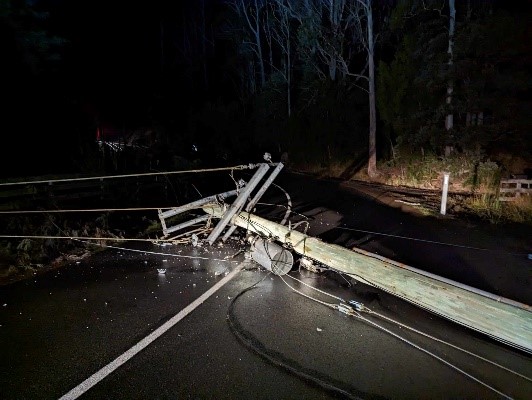
The PIR has been complemented by the release of ReCFIT’s review, which was released in May 2025, which makes similar recommendations. A copy of this review is available here.
TasNetworks is committed to learning from this event and improving our emergency response to better support the Tasmanian community.
Post Incident Review (PIR) Full Report
The full Post Incident Review (PIR) report can be found below.
Independent Assessment of the PIR
The Independent Assessment of the PIR can be found below.
Customer Experience Report
The full Verian Customer Experience Report can be found below.
Independent Reviews of TasNetworks' Storm Response
TasNetworks engaged Mike Swanston from The Customer Advocate (TCA) to provide a third-party independent assessment of the Post Incident Review (PIR). Mike is an experienced engineer with over forty years knowledge of design, development and operation of distribution power networks in Australia, including lead roles in the response to storm and flooding events.
Additionally, Verian conducted a Customer Experience Review to assess customer and stakeholder perceptions of TasNetworks’ communication during the storm event and recovery process.
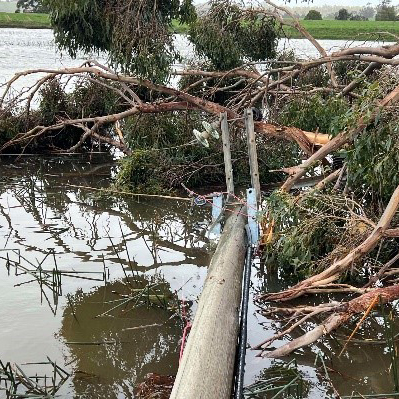
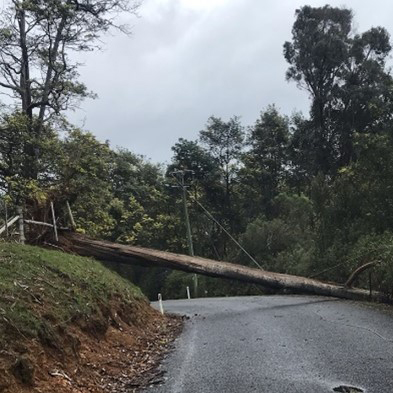
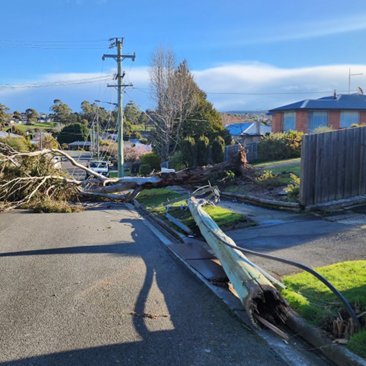
Next Steps
A project team has been formed to implement the Post Incident Review (PIR) actions.
TasNetworks is committed to these improvements, with progress overseen by the Audit, Risk & Compliance Committee (ARCC) to strengthen the network and enhance future emergency response.
TasNetworks will be focusing on a number of key priorities and initiatives in enhanced communications, strengthening its processes, improving customer resilience and support and continuous improvement.
-
Key project focus areas
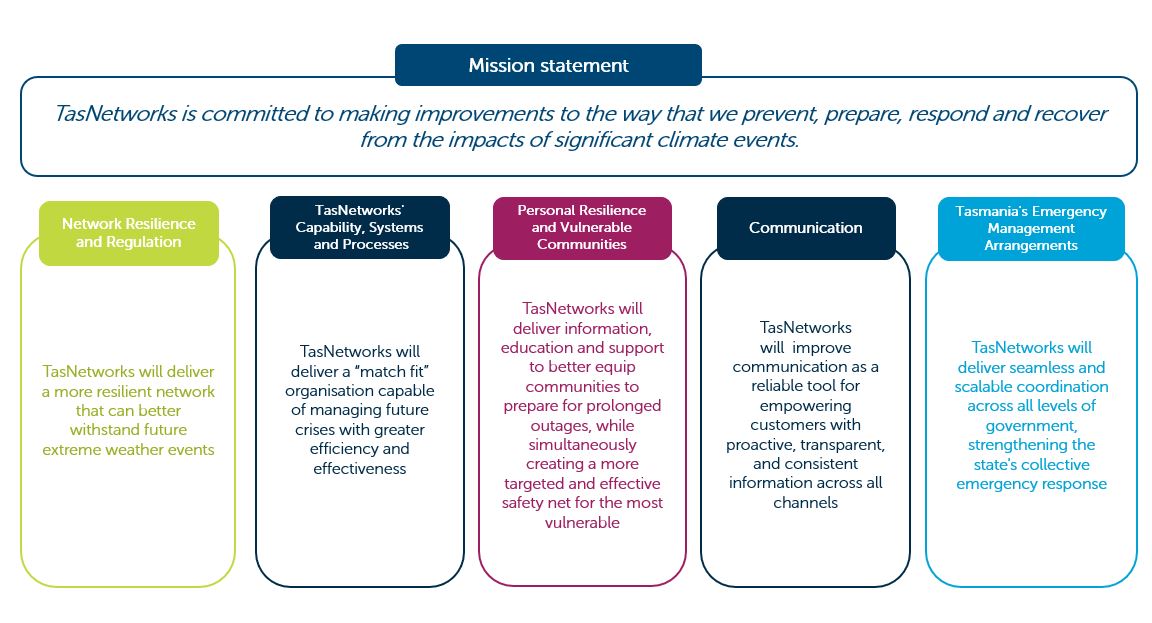
Key Initiatives we have delivered as of September 2025
Network Resilience and Regulation- Drafted a network resilience strategy which will support our plan to improve the resilience of our network.
- Delivered incident management training to executive and leadership staff members.
- Established tools and processes to transform communication into a reliable tool for personal and business planning during unplanned outages.
- Established an incident communication plan for ensuring the delivery of proactive, transparent and consistent information during extreme weather events across a range of platforms.\
- Reviewed fatigue management processes, and currently trialling a new app to support identified improvements.
- Reviewed and enhanced fault response procedures and commenced the delivery of staff training.
- Reviewed and updated our framework for managing emergency risk to ensure there is clear strategy, governance and planning across all hazards, incidents and emergencies.
- Built community preparedness and resilience through education and engagement at Agfest.
- Delivered campaigns on information to prepare for unplanned outages.
- Introduced community resilience opportunities within our Community Grants program.
- Updated information on TasNetworks’ website to help customers prepare for storms and prolonged outages.
- Increased support for large distribution customers by providing customer account managers.
- Worked with our Customer Advisory Group to co-design and improve our SMS communications during outages.
- Developed pre-built communication templates to be used during future weather events.
- Streamlined the processing of outage information to increase efficiency.
- Improved prioritisation of Life Support Customers in call queues.
- Supported key staff to undertake nationally recognised emergency management training.
- Recruited an Emergency Management Specialist, who will work with TasNetworks and partnering agencies to support improved emergency communication and response.
- Strengthening relationships with Tasmanian emergency response agencies.
- Developing training resources to support an uplift in internal emergency response.
- Partnering with Tasmanian platforms to support the sharing of network outage data to enhance community and agency response efforts.
- Further developing community and network resilience planning.
- Reviewing how we can improve our support of vulnerable, high risk, and life support customers.

